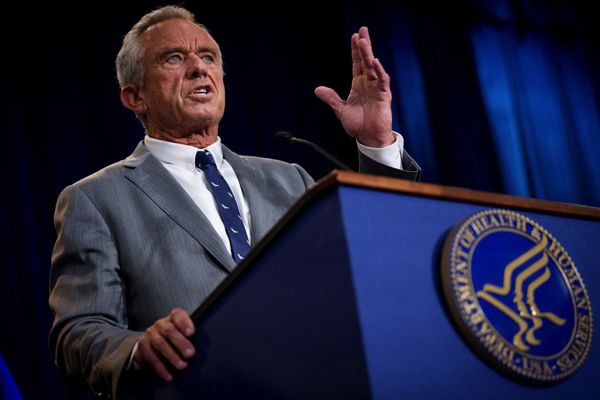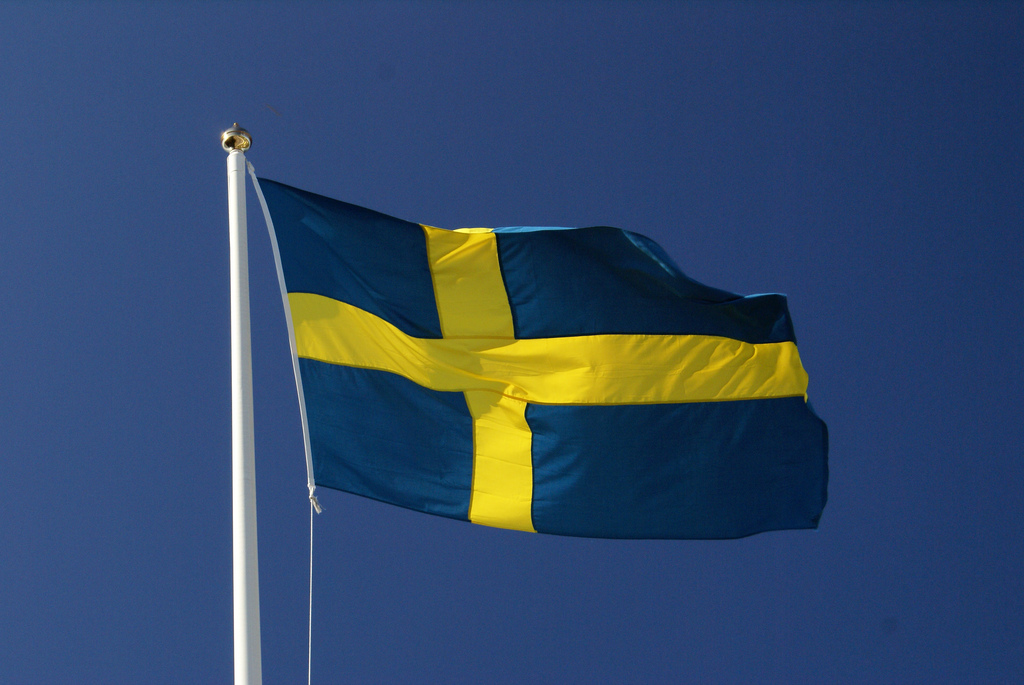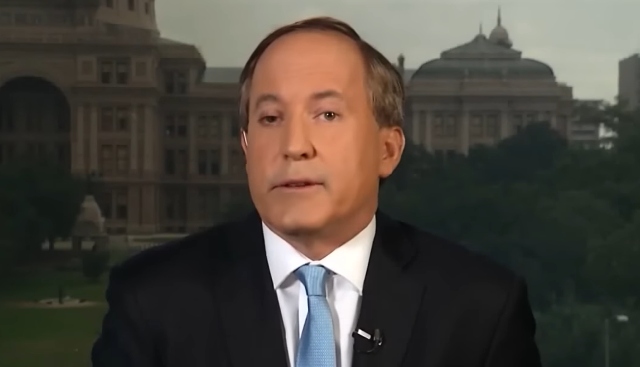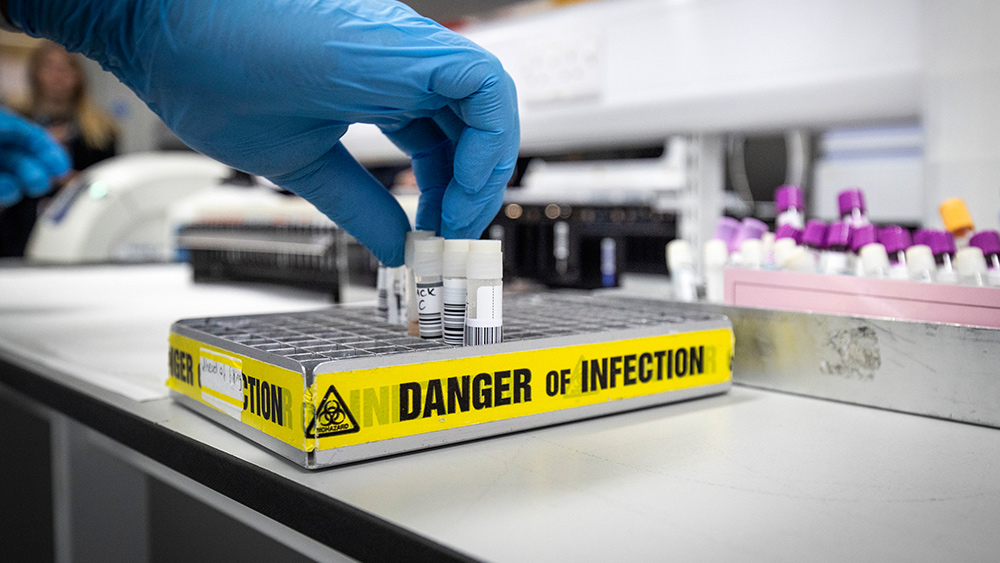 Parler
Parler Gab
Gab
- Australia has passed a law banning children under 16 from having social media accounts, effective December 10, 2025.
- Social media platforms face fines of up to AU$50 million for failing to implement age verification measures.
- Critics, including some senators and tech companies, warn the ban could harm mental health and push children to riskier online spaces.
- Significant concerns have been raised about the privacy implications of age verification technologies.
- The government defends the law as a necessary step to protect children from online harms, calling it a "world-first" initiative.
The legislative push for protection
The Online Safety Amendment Bill 2024 represents the culmination of years of mounting political and public pressure in Australia. Following parliamentary inquiries that heard harrowing testimony from victims of online abuse and families affected by youth suicide linked to cyberbullying, the government faced a clarion call to act. The law elevates the minimum age for social media use from 13, the industry standard, to 16. From the December enforcement date, platforms will be required to take "reasonable steps" to prevent underage users from creating accounts and must deactivate millions of existing accounts held by children under 16. The government’s stated goal is to protect children from what it describes as toxic elements of the digital world, including grooming, sexual extortion and manipulative algorithms.A chorus of concerns and criticisms
Despite its protective intentions, the ban has drawn significant criticism from across the political and technological spectrum. Greens Senator David Shoebridge has been a vocal opponent, warning that the abrupt removal of 2.4 million young people from their primary social networks at the start of the Christmas holidays could have severe unintended consequences for their mental health and sense of connection. Tech companies have echoed these concerns, arguing that a blunt ban will not make the online world safer but will simply drive young users toward unregulated and potentially riskier corners of the internet where safety tools and protections are absent. The opposition's concerns are multifaceted:- Privacy risks associated with collecting sensitive identification or biometric data for age verification.
- The potential for the ban to isolate vulnerable youths who rely on social platforms for community and support.
- Questions over the technological feasibility of accurately and privately verifying age without creating new security vulnerabilities.
The enforcement challenge and government assurance
Acknowledging that no system can be entirely foolproof, the legislation holds platforms to a standard of "reasonable steps" rather than demanding perfection. Australia’s eSafety Commissioner, Julie Inman Grant, has expressed confidence that major platforms will be prepared for the deadline, noting an 11-month lead time since the law's passage. The government's enforcement strategy will likely focus on systemic failures by companies rather than penalizing every individual instance of a child bypassing the rules. Communications Minister Anika Wells has encapsulated the government's position, stating that even an imperfect ban is "too important not to try."A global test case in digital governance
Australia’s law places it at the forefront of a global regulatory experiment. While several U.S. states have attempted similar measures, often with parental consent loopholes, Australia’s blanket ban for under-16s is unique among democratic nations. Its implementation is being observed as a potential blueprint for other governments grappling with the same issues. Leaders in New Zealand, Denmark and the European Union have already expressed interest or begun crafting their own legislation, inspired by Australia’s assertive stance. Prime Minister Anthony Albanese has framed the law not as an isolated action but as the direction the world is heading, a claim that will be tested as the December deadline arrives.A nation's gamble on its children's digital future
As the countdown to enforcement begins, Australia stands at a crossroads, balancing the imperative to protect children with the realities of digital life and personal freedom. The success or failure of this sweeping social media ban will hinge on the effectiveness and privacy of age-verification technologies, the adaptability of both platforms and users, and the real-world impact on the well-being of a generation. The world is watching to see if this ambitious attempt to redraw the boundaries of childhood in the digital age will create a safer haven for young minds or simply reshape the landscape of online risk. The outcome will resonate far beyond Australia's shores, influencing how societies worldwide navigate the complex intersection of technology, safety and liberty. Sources for this article include: TheEpochTimes.com Bloomberg.com X.comStreamlined federal dietary guidelines DELAYED amid government shutdown
By Kevin Hughes // Share
Sweden REPEALS uranium mining ban in bold shift toward energy independence
By Ramon Tomey // Share
Texas AG Paxton takes Roblox to court, slams gaming platform as “breeding ground for predators”
By Ramon Tomey // Share
A legacy of lies: Smoking rates fall, but tobacco’s grip chokes health and economy
By Ava Grace // Share
A decade-long fight: Scientist’s memoir alleges Pfizer cover-up of lab infection
By Willow Tohi // Share
China’s rare earth DOMINANCE threatens U.S. prosperity
By Lance D Johnson // Share
Governments continue to obscure COVID-19 vaccine data amid rising concerns over excess deaths
By patricklewis // Share
Tech giant Microsoft backs EXTINCTION with its support of carbon capture programs
By ramontomeydw // Share
Germany to resume arms exports to Israel despite repeated ceasefire violations
By isabelle // Share










